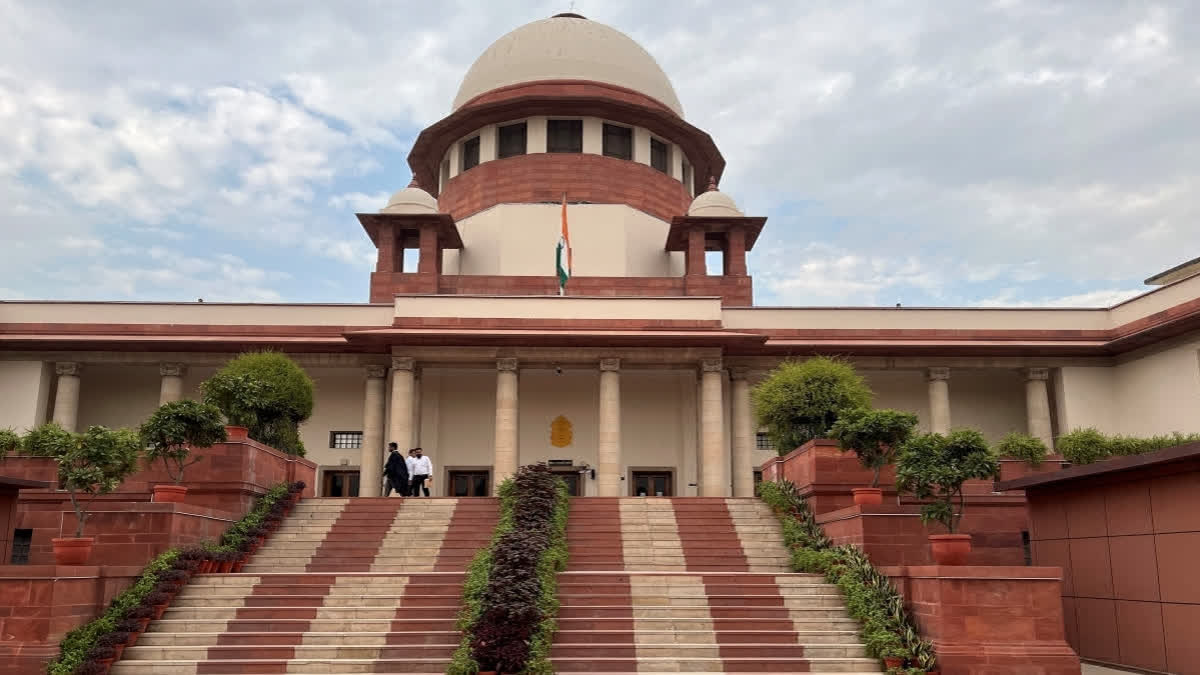New Delhi: The Supreme Court Friday orally remarked Punjab Police’s power has not been taken away by the decision of the central government to expand the BSF’s (Border Security Force) jurisdiction to undertake search, seizure, and arrest within a larger 50-km stretch from the International Border as compared to the earlier 15 km limit.
A three-judge bench led by Chief Justice of India D Y Chandrachud, after examining the records, observed that there were concurrent powers to be exercised by the BSF and the state police. The CJI observed that the power of investigation is not taken away from the Punjab Police.
The bench, also comprising justices J B Pardiwala and Manoj Misra, asked Solicitor General Tushar Mehta, representing the Centre, and advocate Shadan Farasat, representing the Punjab government, to sit together and jointly decide on issues to be decided by the bench.
The bench said that the parties should exchange issues so that they can be settled before the next date of listing and the advocate general of Punjab can also take part in this meeting.
During the hearing, Mehta said the BSF has jurisdiction in all border states and in Gujarat, the jurisdiction of BSF was up to 80 km. Mehta stressed that now the jurisdiction is uniform 50 km in all border states, and added that BSF has jurisdiction over some passport offences and the local police will also have power. Farasat said Punjab is a small state and the Centre’s decision takes away the power of the police and other agencies.
Referring to a notification connected with the matter, Mehta said it does not include all the cognisable offences and cognisable offences are those serious cases in which a police officer can arrest the suspect without any warrant.
The apex court was hearing the 2021 lawsuit of the Punjab government challenging the Centre’s decision that expanded the BSF’s jurisdiction to undertake search, seizure and arrest within a larger 50-km stretch from the international border in Assam, West Bengal and Punjab, as compared to the earlier 15 km.
The state government, in its original suit, said the extension of the territorial jurisdiction of the BSF encroaches upon the constitutional jurisdiction of the state. The Union home ministry issued a notification amending a July, 2014 enabling provision for the BSF personnel and officers while they operate in the border areas.
While in Punjab, West Bengal and Assam, the BSF jurisdiction was enhanced from 15 km to 50 km, in Gujarat, which shares its borders with Pakistan, the limit was reduced from 80 km to 50 km, while in Rajasthan, it was kept unchanged at 50 km.



